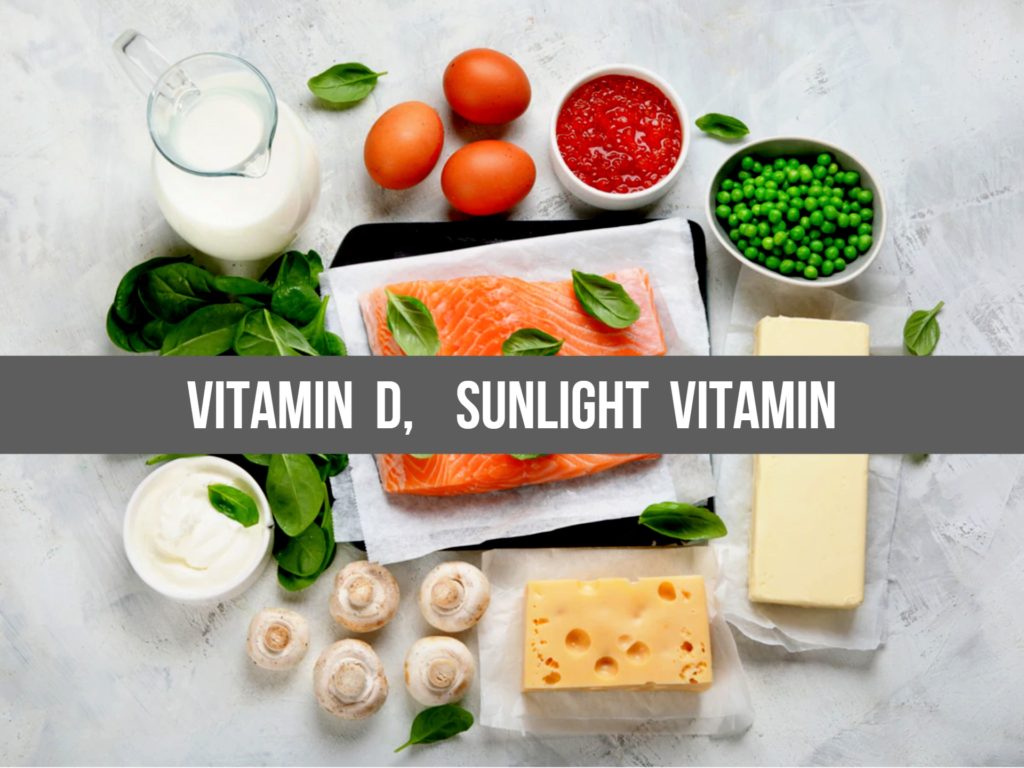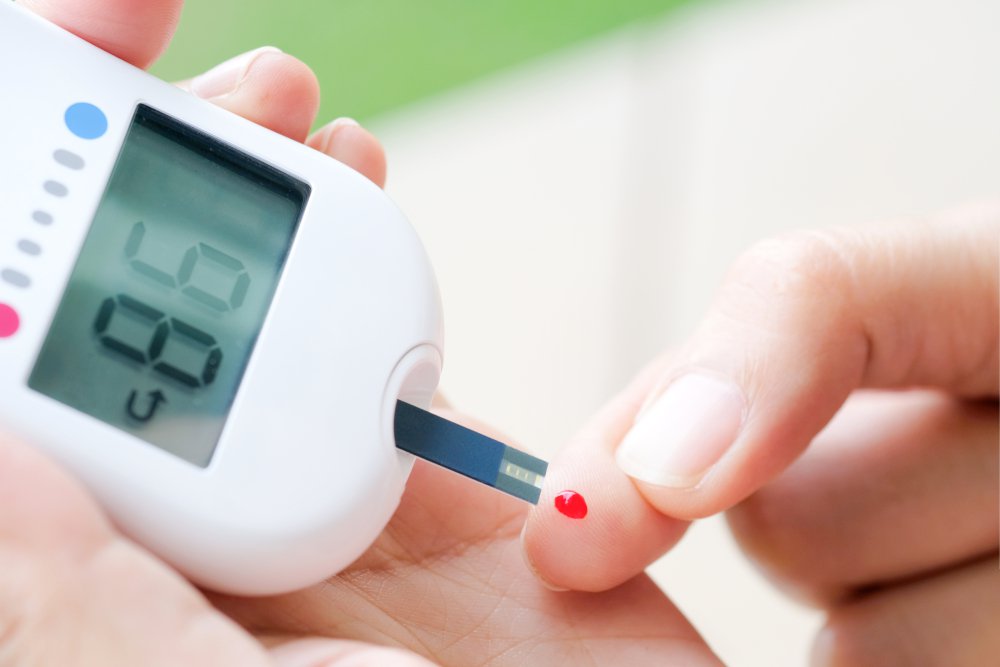Your bones are what keep your body’s structure together. Vitamin D – the sunshine vitamin, also known as cholecalciferol D3, is a fat-soluble solution. It helps your body absorb calcium and phosphorous. It is crucial to have the right amounts of vitamin D, calcium, and phosphorus for strong bones.
Let’s dive in for more information.
Vitamin D is used to treat and prevent osteomalacia and rickets. This vitamin is formed when the skin is exposed to sunlight. Protective clothing, sunscreen, lack of sunlight exposure, and dark skin can all reduce the amount of Vitamin D you get from the sun.
Combining vitamin D with calcium can help to prevent and treat osteoporosis. Vitamin D can also be used with other drugs. Especially for low levels of calcium and phosphate treatment.
It can be used to maintain normal calcium levels and normal bone growth in patients with kidney disease. Breastfeeding infants may also receive a few drops of this vitamin from the sun.
What are benefits of vitamin D?
Vitamin D – the sunshine vitamin has a myriad of benefits. To keep your bones and muscles strong, you should spend more time outdoors in spring and summer. The sun vitamin has many benefits. These include
- Stronger, healthier teeth and bones
- Reduced fracture risk
- Immune system function improved
- Heart disease protection
- Both men and women are more open to sex.
- Vitamin D lowers hypertension risk
- Obesity has a lower risk of developing serious health problems
- Lower blood glucose and reduces the risk of developing diabetes.
- It increase levels of dopamine and serotonin, which can lead to a better mood and reduces risks of depression.
- Reduced risk of cognitive decline in the elderly population.
- Lower risk of Parkinson’s Disease
- Limit Risks of Multiple Sclerosis
- Influenza A is less likely
- Lowers risk of bacterial vaginosis in pregnant women is a plus and its deficiencies can increase the risk of bacterial vaginosis.
- Lower risk of developing pelvic floor disorders
- Protection against age-related macular degeneration
- Protection against seasonal affective disorder
- Reduces symptoms of restless leg syndrome
- Strengthens your body’ defenses against virtigo and psoriasis
Some reports have suggested that this vitamin may reduce the risk of developing coronavirus, COVID-19. There is not enough evidence to support this at the time of writing, but the list of benefits above should inspire use again ailment or disease.
Vitamin D foods
Most people get their vitamin D from the sun between late March/early April and the end of September. Vitamin D – the sunshine vitamin is so-called because it is created by the body when we are exposed to direct sunlight. Between October and March, however, we don’t get enough vitamin D from the sun. During these seasons where the sun is less, you should suppliment your body with vitamin D supplements.
However, vitamin D can also be found in small quantities of foods. These are:
- Oily fish such as mackerel, herring, salmon, and sardines
- Red meat
- Liver
- Fortified foods include some fat spreads, breakfast cereals, and other food items.
The dietary supplement is another source of this sunlight vitamin. Because it isn’t fortified in other countries,
How much vitamin D should I take?
The majority of people should be capable of getting all the vitamin D that they need from the sun on their skin between late March/early April and the end of September.
Adults and children under the age of one year need 10 micrograms per day. This applies to pregnant women and nursing mothers, as well as people at high risk for vitamin D deficiency.
Baby’s under 1-year-old need between 8.5 and 10 micrograms daily of vitamin D.
However, methods of measurement can be confusing. The International Units (IU) are sometimes used to indicate the amount of vitamin D. For example, one microgram of vitamin D is equivalent to 40 IU. Therefore, you could also say that 10 micrograms of vitamin D are equal to 400 IU.
Do I need to take a vitamin D supplement?
Advice for adults and children over 4 years of age. This sunlight vitamin is essential for winter and autumn because the sun doesn’t provide enough strength to produce vitamin D.
Nevertheless, it is hard to get enough vitamin D from food alone. Therefore everyone, including pregnant and nursing mothers, must take a daily dose of vitamin D supplement of about 10 micrograms during the autumn and winter seasons.
Most people can get all of their vitamin D from sunlight and a healthy diet between late March/early April and the end of September. These months may not be the best time to take vitamin D supplements.
Low vitamin D symptoms
This vitamin deficiency is a risk for some people because they are not exposed to sunlight enough, some people won’t get enough vitamin D. In some countries, it is recommended that adults and children over the age of 4 years old take a daily vitamin D supplement.
This is about 10 micrograms throughout the year. Especially, when they are rarely outdoors. This warning is even more prevalent if those to receive this supplement are frail or housebound.
However, when outdoors, most people wear clothing that covers up most of their skin. Because of this fact, you may not get enough vitamin D from the sun. Especially, if you are of African, African-Caribbean, or South Asian descent. You should consider taking a daily vitamin D supplement that contains 10 micrograms throughout the year.
Advice for young children and infants
According to the Department of Health and Social Care, babies aged from birth to one year should receive a daily vitamin D supplement that contains 8.5 to 10 micrograms throughout the year.
- Breastfed
- Formula-fed infants are those who consume less than 500ml (or about a pint) per day of infant formula. This is because infant formula already contains vitamin D.
A daily breakfast should be provided to children aged between 1 and 4 years. A supplement containing 10 micrograms of vitamin D throughout the entire year. Vitamin D drops and vitamin D supplements can be purchased at most supermarkets and pharmacies.
What happens if I take too much vitamin D?
Too much vitamin D taken over a prolonged period can lead to too much calcium buildup in the body. This is called hypercalcemia. This can lead to the weakening of bones, as well as damage to the kidneys and heart.
Vitamin D supplements can be taken in 10 micrograms per day.
It is possible to be dangerous to consume more than 100 micrograms (14,000 IU) of vitamin D daily. This includes adults, pregnant or breastfeeding women, as well as children 11-17 years old.
Children between the ages of 1 and 10 years should not consume more than 50 micrograms, 12,000 IU per day. Children under 12 months old should be given no more than 25 micrograms, about 1, 000 IU a day.
Some medical conditions may prevent you from taking as much. You should always consult your doctor if you are unsure.
You should always follow the advice of your doctor if they have recommended that you take a higher amount of vitamin D.
Vitamin D can’t be taken in excess by sun exposure. To reduce skin cancer and sunburns, it is important to protect and cover your skin when you are out in the sunlight for long periods.
Your Take Away
Vitamin D – the sunshine vitamin is all things to many people. It supports strong bones and muscles. It is a great nutrient for infant growth. The sun vitamin has many benefits. These include boosting the immune system, protecting the heart from heart disease, enhancing your libido both male and female, etc.
It can also increase levels of dopamine and serotonin, which can lead to a better mood and reduces the risks of depression. Other benefits include reduced risk of cognitive decline in the elderly population and lowers the risk of Parkinson’s disease.
However, besides these benefits of vitamin D, too much exposure to the sun can also cause some skin problems. Therefore it is vital to keep your sun exposure to 30 to 45 minutes a day to avoid skin cancer and sunburn because a false balance is an abomination.



